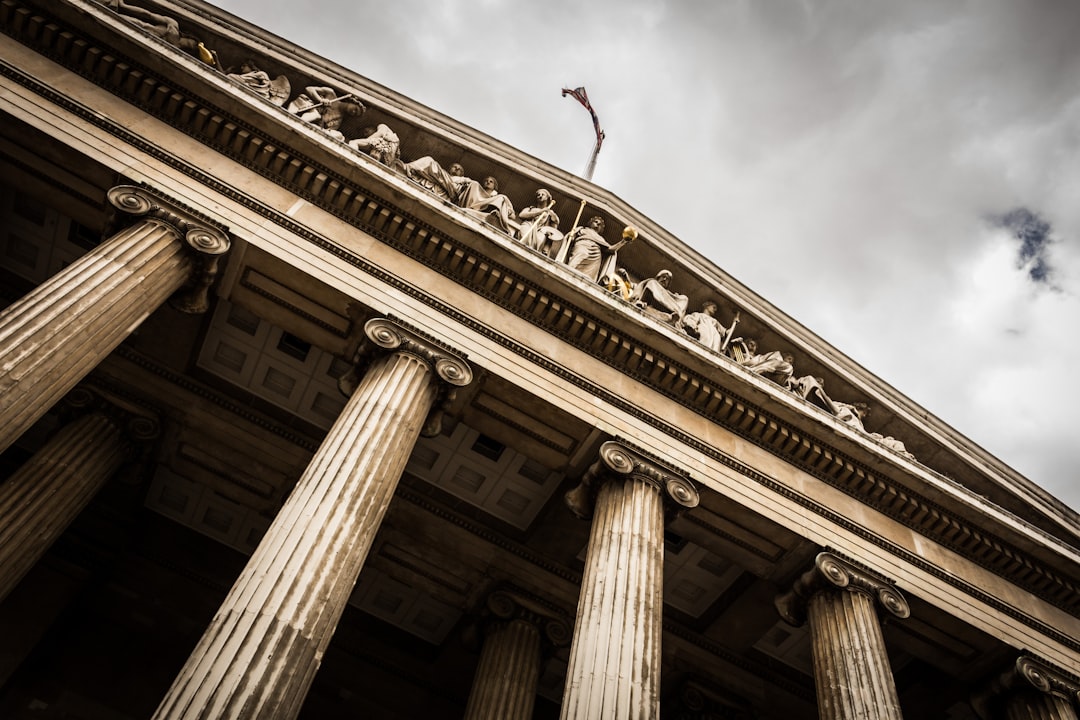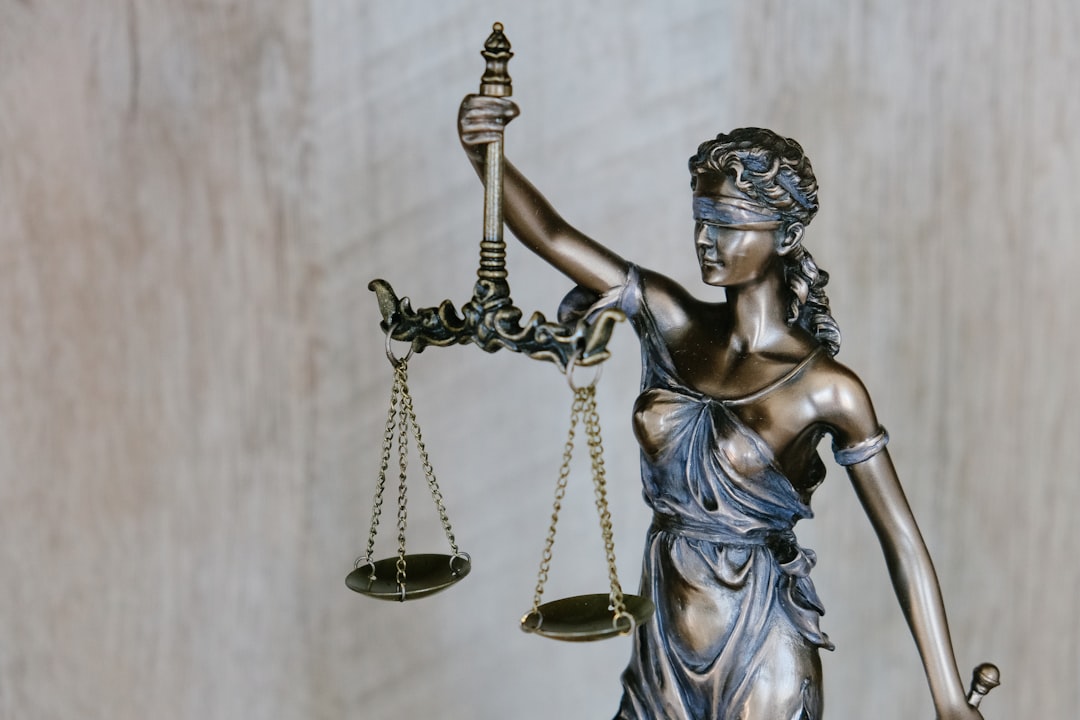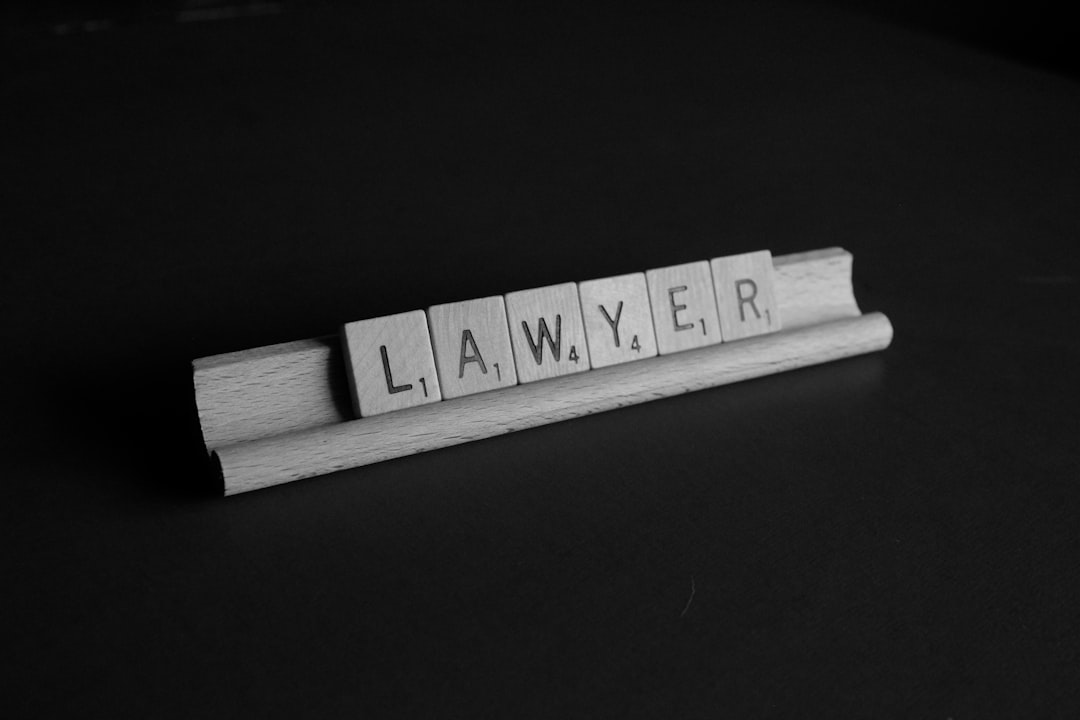San Antonio residents are facing an increasing number of robocalls due to call spoofing, where scammers disguise their numbers. The new SB 514 law addresses this issue by imposing stricter penalties and requiring explicit consent before automated telemarketing calls. A lawyer for robocall San Antonio can help victims navigate the new regulations, protect them from financial losses, and ensure public safety against evolving scams. Businesses must also adapt to clear caller ID standards and block unauthorized calls.
San Antonio is taking a stand against call spoofing with the introduction of SB 514, a groundbreaking piece of legislation. With the rise of targeted robocalls and spoofed communications, this new law aims to protect residents from deceptive practices. The article explores the ins and outs of SB 514, including its key provisions, implications for businesses, and the roles of various stakeholders in enforcing this vital measure. If you’re searching for legal guidance regarding robocalls in San Antonio, connect with a qualified lawyer to understand your rights and options.
Understanding Call Spoofing: The Growing Concern in San Antonio

In recent years, San Antonio residents have faced an increasing problem with call spoofing, a deceptive practice that has become a growing concern for many. Call spoofing refers to when a caller ID displays a false number, often disguised as a local or trusted source, to trick recipients into answering their calls. This technique is commonly used by scammers and robocallers, who aim to bypass caller ID filters and increase the chances of their messages being received. With advancements in technology, these fraudulent activities have become more sophisticated, making it easier for unauthorized individuals to impersonate legitimate businesses or individuals.
Hiring a lawyer for robocalls in San Antonio is becoming increasingly necessary as the city takes steps to combat this issue. Local authorities are introducing legislation like SB 514 to address call spoofing and protect citizens from these deceptive practices. This growing concern highlights the need for stringent measures to ensure public safety and prevent financial losses caused by scammers exploiting modern communication technologies.
What is SB 514 and How Does it Address Spoofed Calls?

SB 514, a groundbreaking piece of legislation, has been introduced in San Antonio to combat the growing issue of call spoofing. This bill aims to empower residents and businesses by providing legal recourse against unwanted and fraudulent robocalls. By holding perpetrators accountable, SB 514 seeks to reduce the number of spoofed calls citizens receive, offering a much-needed solution for those plagued by these nuisance calls.
The legislation proposes stricter penalties for call spoofing incidents, encouraging a decrease in such activities. It equips individuals with the right to seek legal action against violators and obtain damages, ensuring that a lawyer for robocall San Antonio can assist those affected. This measure marks a significant step forward in protecting consumers from deceptive practices, giving them back control over their communication channels.
Key Provisions of the New Law: Protecting Residents from Robocalls

The new SB 514 law in San Antonio is equipped with robust provisions to safeguard residents from intrusive and deceptive robocalls. One of its key features is the requirement for telemarketers to obtain explicit consent before making automated calls, significantly curtailing unsolicited contact. This measure empowers citizens to have more control over their phone lines, especially as many robocalls can be misleading or even fraudulent.
Furthermore, the legislation imposes stringent penalties on violators, including fines and legal repercussions. These stricter regulations aim to deter call spoofing activities, where scammers falsify caller ID information to trick recipients into answering. By holding telemarketers accountable, SB 514 ensures that residents of San Antonio can enjoy a quieter, safer telephone environment, reducing the hassle and potential dangers associated with robocalls. A lawyer for robocall San Antonio can provide further insights into these new protections.
Implications for Businesses and Telemarketers in San Antonio

The passage of SB 514 in San Antonio brings significant changes in the battle against call spoofing, with far-reaching implications for both businesses and telemarketers. This new legislation equips residents with powerful tools to combat unwanted and fraudulent robocalls, potentially reducing the number of misleading or deceptive calls they receive.
For businesses engaged in legitimate telemarketing activities, SB 514 sets a clear standard for caller identification authenticity. It requires telemarketers to obtain explicit consent from recipients before making automated calls and strictly regulates the use of call spoofing techniques. This means that businesses must adapt their practices to ensure compliance, potentially leading to more transparent and trustworthy interactions with San Antonio residents, and fostering better customer relationships. Additionally, it encourages the development of innovative solutions to verify caller identity, which could enhance the overall telemarketing industry. For those seeking legal counsel regarding robocalls in San Antonio, understanding this new legislation is crucial to navigating the evolving regulatory landscape.
Enforcing SB 514: Roles of Consumers, Law Enforcement, and Legal Experts

San Antonio’s SB 514 aims to combat call spoofing, but its enforcement involves a collaborative effort from various stakeholders. Consumers play a vital role by staying informed and reporting suspicious calls. They can verify caller IDs, block unknown numbers, and contact their local law enforcement if they suspect fraud.
Law enforcement agencies are crucial in investigating and prosecuting call spoofing incidents. They work with legal experts to interpret and enforce the new laws. Legal professionals, especially those specializing in telecommunications or consumer protection law, provide guidance on SB 514’s implementation. They assist in identifying violations, advising on legal remedies, and ensuring that both consumers and businesses understand their rights and responsibilities under the new legislation. A lawyer for robocall San Antonio can offer specialized support to victims of call spoofing, helping them navigate legal options and seek justice.






